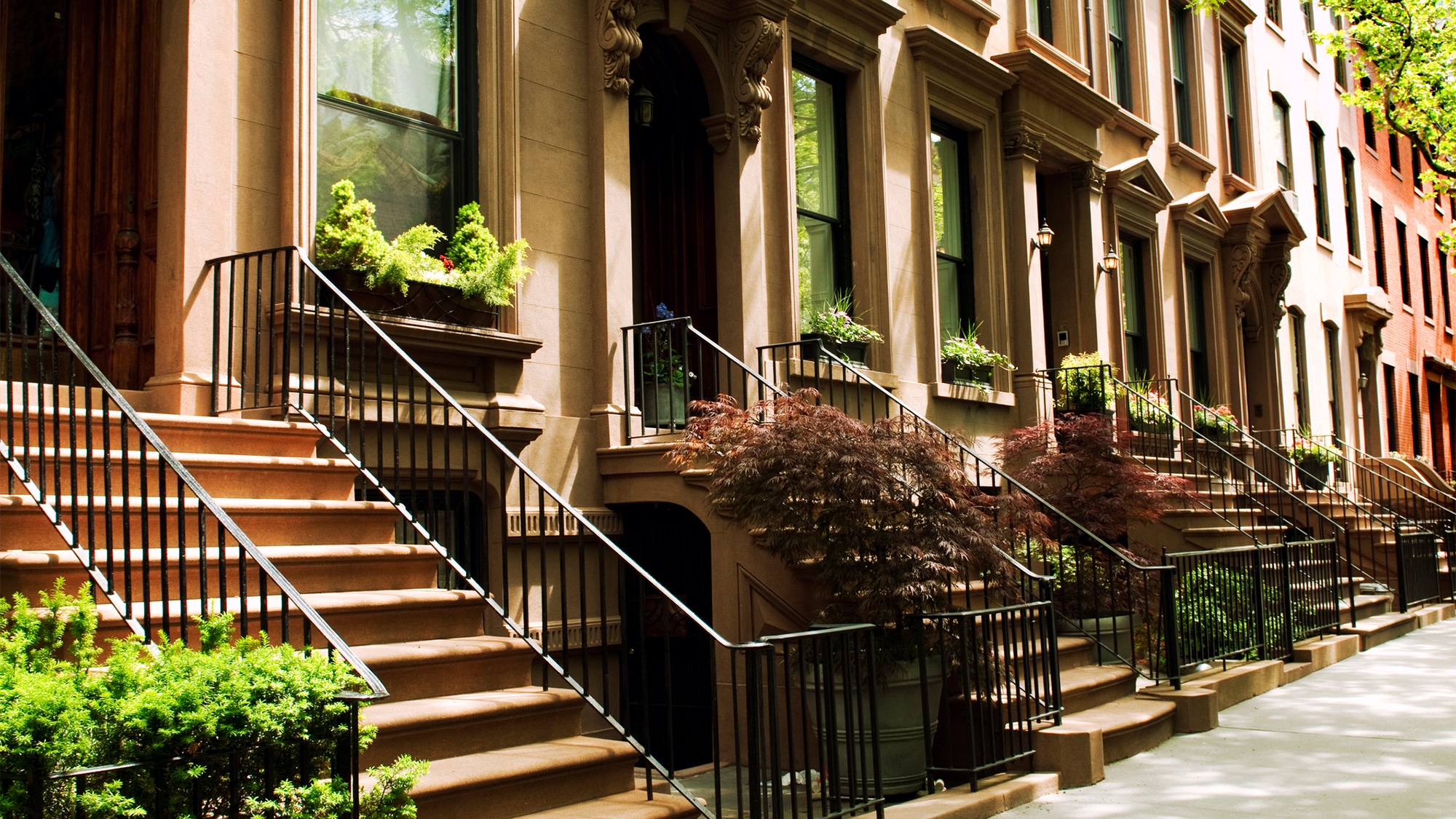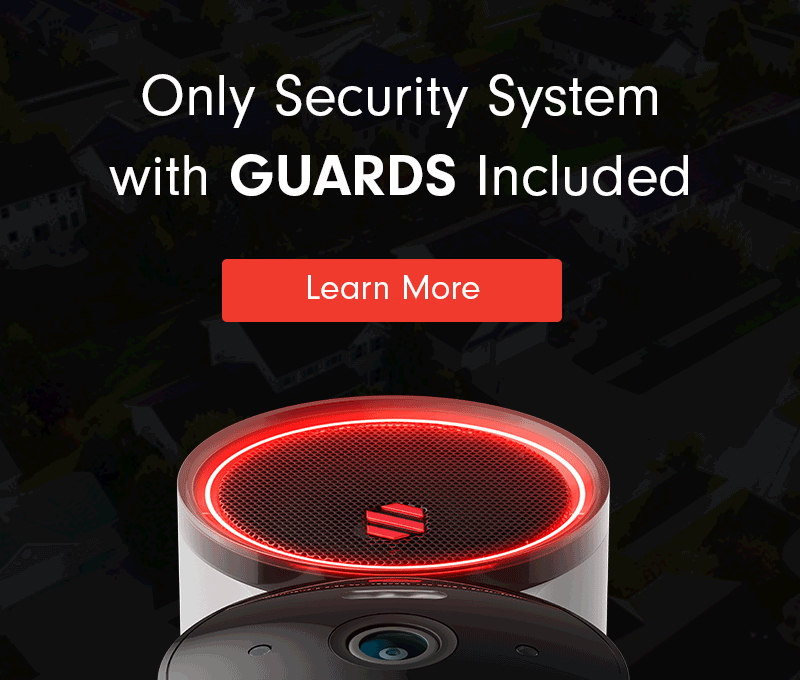Safety Guide for First-Floor Apartments

You should always secure your home at all times. That’s true whether you own a house or rent an apartment. But if you’re a renter, your landlord’s apartment security measures may not be enough to ease your worries, especially if you live on the first floor of the building. The ground floor sees more foot traffic from friends and strangers alike. It is also the typical target for burglars because of its ease of access. Here’s a simple safety guide for first-floor apartments to make your unit more secure.
(You might want to share these with your neighbors and your landlord!)
Safety Guide for First-Floor Apartments
1. Choose your apartment wisely.
If you are still planning your move, you might get to choose which apartment you live in. Think about the location. Avoid the units closest to the entrance door, especially if the entrance isn’t access-controlled. Apartments with street-facing doors and windows are also more at risk. Can you request a unit on the backside of the building?
You can’t always control which apartment you’ll get, especially in buildings with limited availability. But if you can wait an extra week or two, a better location might open up. Maybe you’ll even score a spot on an upper floor and you won’t have to think about first-floor apartment security at all!
2. Get your landlord to help.
Always check your lease and talk to your landlord first if you plan to use extra security devices inside your apartment. You might get in trouble if you secretly install something without consent. Your landlord may also help you cut installation costs, especially if whatever you’re installing could be useful for other units.
It’s wise to discuss how the apartment building itself is secured before you sign any paperwork. Multi-family residential security solutions like live video surveillance, keycard access, and front door personnel can help you sleep soundly. Make your landlord part of your first-floor apartment security plan.
3. Install a portable alarm system.
The best alarms for apartment renters are wireless alarms. They don’t require invasive drilling into the walls and can be taken with you if you move. This kind of portable alarm operates through internet service. It likely has features like window sensors, panic buttons, and duress codes that can alert someone else that you’re in danger. Most modern systems can also integrate with your smartphone. A mobile notification warning you of trouble gives you a valuable headstart.
4. Use interior sensors to your advantage.
First-floor apartments usually do not have lawns or gates. That makes them more vulnerable to break-ins through windows and doors. To stay safe, install motion detectors inside your apartment. You should install them near all possible entry points, such as the entry doors or kitchen windows. There are plenty of other sensors you might find useful, including ones that detect when a door opens or glass breaks, but motion sensors are a good starting point.
5. Install a camera by your door.
Since first floors always have people passing by, having a constant visual of the world outside your apartment is smart. Install a camera so you can check who is at your apartment door. This is even more important if you have a door that opens to the street rather than a shared hallway. Battery-operated security cameras are ideal for renters. These cameras are easy to set up and operate and do not require being wired or plugged in. Before opening your door, always check to see who is outside. This precaution is a must for maintaining your first-floor apartment safety.
A caveat: check with your landlord to make sure you’re allowed to install a camera by your door. Security camera laws can be murky, especially in an apartment setting. Better safe than sorry!
6. Make good use of your smartphone.
Nowadays, there are many ways you can control the security of your apartment just through your smartphone. Many home security systems have their own mobile apps or integrate with home automation platforms. With these, you can easily monitor camera feeds and sensors on your phone and get instant notifications about unexpected activity inside your apartment. Even if you are away from home, you can still be sure that your apartment is safe from burglary.
More and more apartment buildings are converting to phone-operated smart locks for units. Request your landlord to look into these if they seem like a good option for your complex.
7. Consider more natural first-floor apartment security measures.
Realistically, security systems and devices should really be secondary precautions for first-floor apartment safety. Your first line of defense should be to develop good common-sense security habits.
If you want to have a heavily secured apartment, always lock your doors and windows whenever possible. (Yes, even when you’re home.) Don’t leave valuables near windows, in plain sight of passersby. Dogs can also provide extra security against break-ins. And whenever you leave for an extended period, leave a light on to create the illusion that someone is home. Better yet, put the light on a timer, which is even more convincing.
What about keys? You should always keep your keys unmarked. That way, if you lose your keys, whoever finds them doesn’t know what door they open. Request that your landlord changes your locks before you move in so that there are no spare keys from the former owner floating around.
Prioritize First-Floor Apartment Security
If possible, it’s a good idea to increase the security of your first-floor apartment. Your safety is always the priority, especially in your personal living space. You deserve reliable security in your rented apartment just as much as a homeowner does in a house. With this safety guide for first-floor apartments and some cooperation from your landlord, you can rest easy knowing that your home-sweet-home is protected.
Need a Solution that Prevents Crime?
Deep Sentinel is the only security technology that delivers the experience of a personal guard on every customer’s home and business. Visit deepsentinel.com or call 833-983-6006

